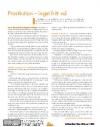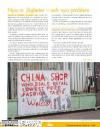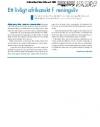Private sector response to agricultural marketing liberalisation in Zambia : a case study of Eastern Province maize market
| Upphovspersoner: | Chiwele, Dennis K. | Muyatwa-Sipula, Pumulo | Kalinda, Henrietta |
|---|---|
| Utgivare: | Nordiska Afrikainstitutet | Uppsala : Nordiska Afrikainstitutet |
| År: | 1998 |
| Ämnesord: | Maize, Trade liberalization, Private sector, Agricultural product marketing, Zambia, Eastern Province, Zambia, Southern Africa, SOCIAL SCIENCES, SAMHÄLLSVETENSKAP |



